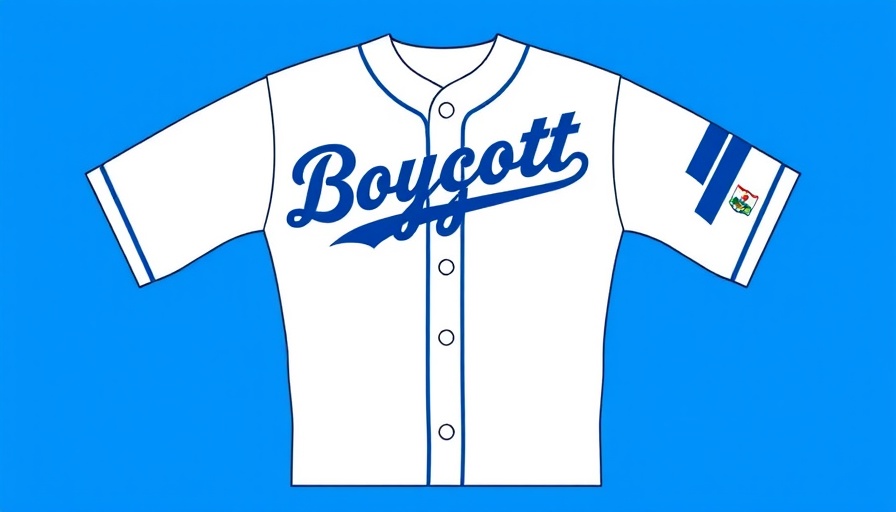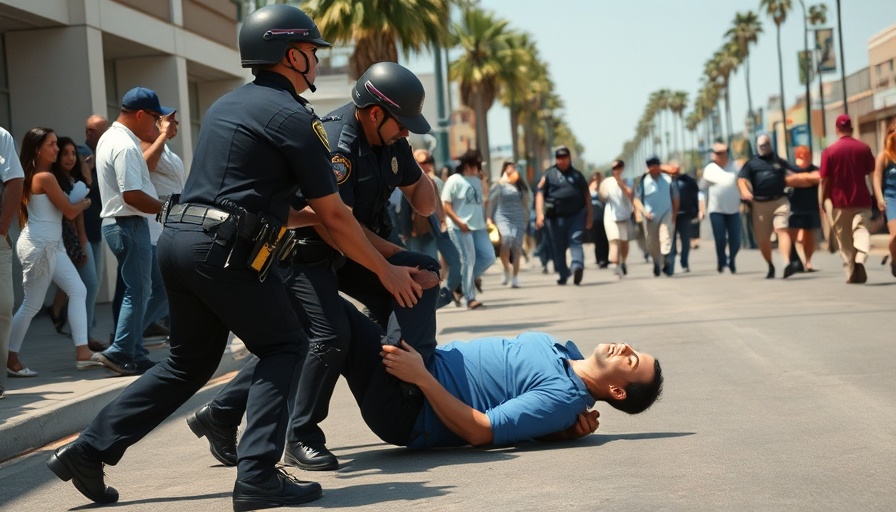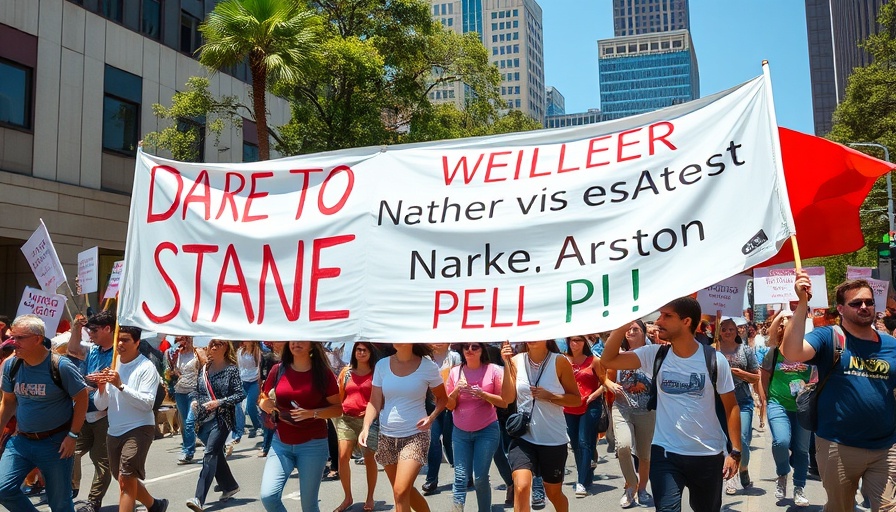
Why Sports Aren't Just Games
"Keep politics out of sports!" is a phrase that echoes loudly and often among fans, particularly when social issues bubble to the surface in sporting events. But the truth is, sports and politics are deeply intertwined. Just consider Jackie Robinson, who broke color barriers in Major League Baseball—his legacy is a powerful reminder that sports often reflect societal values and tensions.
The Complicated History of the Dodgers and Immigrant Communities
To understand the urgency behind the call for a boycott of Salvadoran Heritage Night at Dodgers Stadium, we must delve into the franchise’s past. The Dodgers' move to Los Angeles in the 1950s led to the destruction of neighborhoods rich with history, permanently displacing Mexican-American families. Actions such as these, steeped in political maneuvering, could easily be viewed as a systematic marginalization of immigrant communities.
A Disconnection from Heritage
Now, juxtapose this historical context with the event planned for Salvadoran Heritage Night. It’s perplexing that the Dodgers, who have financial ties to ICE detention centers, would choose to celebrate a community that is often targeted by immigration enforcement.
Victor Interiano articulates an important perspective: when heritage is commodified into a mere marketing scheme, it loses its significance. The million-dollar pledge by the Dodgers post-ICE incident might seem generous, but when juxtaposed against the financial contributions of Latino families, it feels paltry.
What Does Boycotting Mean for the Community?
Boycotting translates into a powerful statement—a reflection of self-respect and unity within the Salvadoran community. It serves as a reminder that finances should not supersede genuine recognition and authentically supporting one’s heritage. By taking a stand, fans can illustrate their rejection of the Dodgers' apparent exploitation of their heritage while advocating for the rights of their community.
Community Responses: A Call for Solidarity
Responses from the community are mixed. While some see boycotting as a negative feedback loop, others view it as necessary to convey the message that cultural appropriation won't be tolerated, especially by a franchise that profits off the very communities they marginalize.
Bridging the Gap Between Identity and Representation
As discussions around identity and representation continue to emerge, it is imperative for local communities to acknowledge their worth and ensure representation is not just a gimmick for profit. The Salvadoran Heritage Night should be more than just one night of celebration; it should be an opportunity for deeper engagement with communities who support the Dodgers throughout the season.
Taking a Stand for Cultural Integrity
In the end, the call to boycott Salvadoran Heritage Night at Dodger Stadium transcends baseball; it embodies a fight for respect, dignity, and the rightful acknowledgment of the Salvadoran community. While the Dodgers make money, the cultural significance of their decision must not go unnoticed.
So, what's your perspective? Will you join the boycott?
 Add Row
Add Row  Add
Add 




Write A Comment